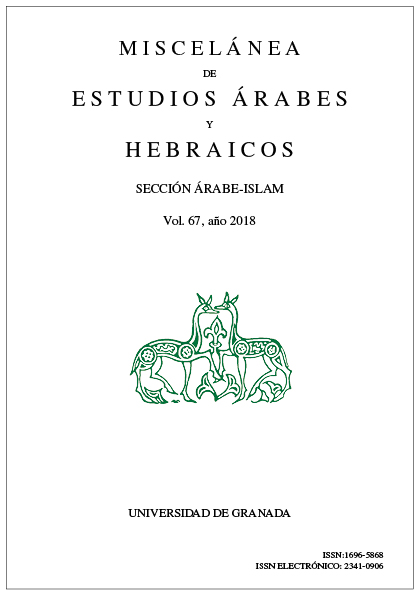The language interpreters on Ibn Fad. lān's travels to the Bulgarian kingdom of Volga (10th cent.)
Keywords:
History of interpreting and of translation, Ibn Faḍlān, 10th centuryAbstract
Offers an analysis of data on the language interpreters of the diplomatic mission sent by the Abbasid Caliph in Baghdad to the Bulgarian kingdom of Volga (10th century), as recorded in a report drawn up by one of its members, Ibn Faḍlān. The mission crossed Turkish territories, where it also engaged in a certain amount of diplomatic activity, and visited a Slavic commercial enclave. In this study, the author briefly examines the characteristics of the journey and its historical context, and then goes on to analyse and discuss the information about the language interpreters and their specific translations and interventions. Finally, all the data are combined in an attempt to establish the profiles of these interpreters together with their functions and ways of interpreting.
Downloads
Downloads
Published
How to Cite
Issue
Section
License
The authors publishing their work in this journal agree to the following terms and conditions:
1. The authors retain the copyright and give the journal the right to be the first publication of the work and also to be licensee under a Creative Commons Attribution License which allows others to share the work, provided the author of the work and the initial publication in this journal are acknowledged.
2. Authors may make additional agreements separately for the non-exclusive distribution of the version of the work published in the journal (for example, putting it in an institutional repository or publishing it in a book), with acknowledgement of its initial publication in this journal.
3. Authors are allowed and encouraged to electronically disseminate (for example, in institutional repositories or on their own web page) the published version of their works (publisher's post-print version) or, if not possible, the author's reviewed and accepted post-print version. This is to facilitate productive exchanges, and allow for earlier and greater citation by third parties of the published works (See The Effect of Open Access).
4. The journal accepts no responsibility for the opinions expressed by the authors.















